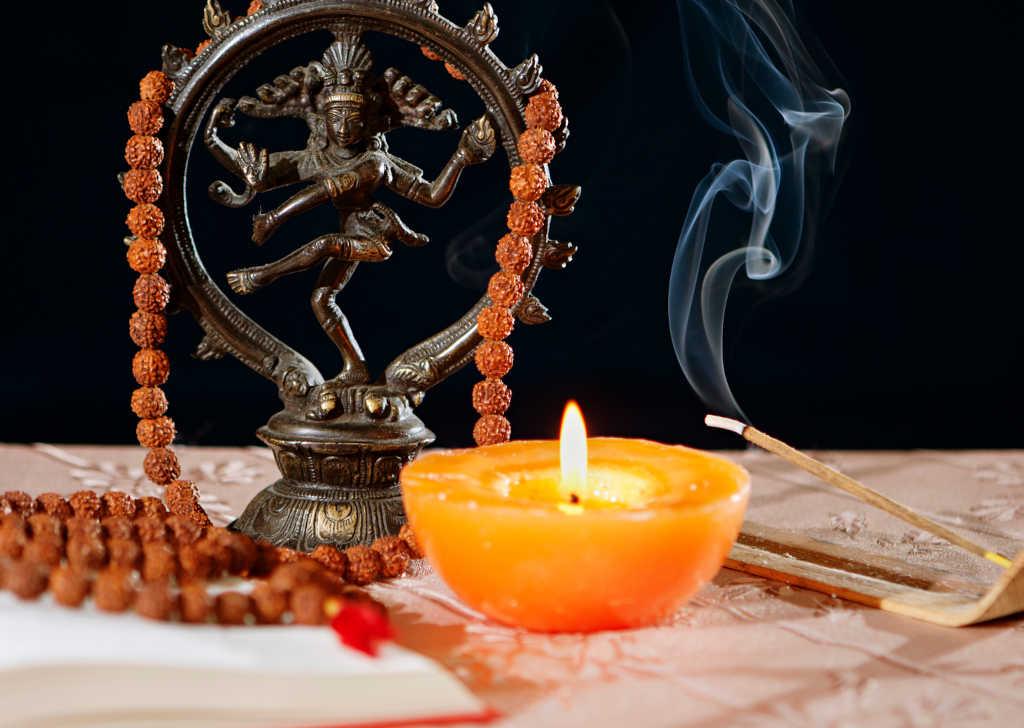Hindutva And Hindu Dharma

The word Hindutva means the essence of being a Hindu. In other words, it means the essence of Hindu Dharma. However, lately, politics and the western media have degraded Hindutva to mean Hindu nationalism.
Hindu Dharma is better known as the Sanātana Dharma. Sanātana means eternal. Dharma stands for the eternal truth, the rules of the cosmic reality. Therefore, Dharma is universal. Sanātana Dharma is, therefore, a universal and eternal religion.
Unlike other major religions like Christianity and Buddhism, there is no one founder of Hindu Dharma. Almost every religion has a single book that the followers regard as sacred. On the other hand, Hindu Dharma has many sacred scriptures like the Upanishads, the Vedas, the Puranas, Bhagavad Gita, Ramayana, etc. There are many commentaries written on these scriptures by other saints. The commentaries and explanations are also considered sacred.
Hindus consider every living and non-living thing in this world as the representation of the Supreme Reality. Accordingly, Namaste, the Hindu way of greeting, is essentially the acknowledgment of the Divine within the person being greeted. Therefore, the Hindus see the Supreme Reality in every human. And, due to their sacred regard for nature, they consider many rivers and animals also as sacred.
Some major religions require their followers to worship several times every day or donate a part of their income to religious organizations besides many other restrictions. Hindu Dharma, on the other hand, has no restriction. A Hindu is free to worship or not worship. One can worship anything or any form. While questioning the text of other religions’ sacred books can be considered blasphemy, the Hindus are encouraged to question and not just believe until it is their own experience.
It is no wonder while the invaders and crusaders of the other religions occupied India to spread their fanaticism, the Hindus never invaded another country. That is because they follow the principle of Vasudhaiva Kutumbakam, which means the whole world is my family.
If Hindus greet everyone with a Namaste and consider the whole world as part of their own family, where is nationalism in their actions? There is no discrimination in Vasudhaiva Kutumbakam. There is no restriction on what religion or beliefs others have. They are all considered worthy of Namaste and Vasudhaiva Kutumbakam.
The eternal Dharma, the Vedic wisdom, the people who consider every part of nature as Divine and believe in Vasudhaiva Kutumbakam, define Hindutva.
Unfortunately, the unsuspecting and peace-loving nature of the Hindus made them vulnerable to foreign invasions. As a result, the Muslim invaders and the British ruled over India for more than a thousand years. The invaders demolished the ancient Hindu temples. The modern Hindus are aware and would not want that vulnerability to be there again.
The rise of the Taliban and jihadism in the neighboring countries has put India’s Hindus on alert. They are now preparing against those threats to prevent history from being repeated. The biased interests have therefore started equating this preparedness with nationalism. If your home has been attacked once, and if the same threats are raising their heads again, would you not take steps to protect yourself?